how do I determine health of pear, peach, walnut trees?
sbon2727
10 years ago
Related Stories

EDIBLE GARDENSHow to Grow 10 Favorite Fruit Trees at Home
Plant a mini orchard in fall, winter or early spring to enjoy fresh-off-the-tree fruit the following year
Full Story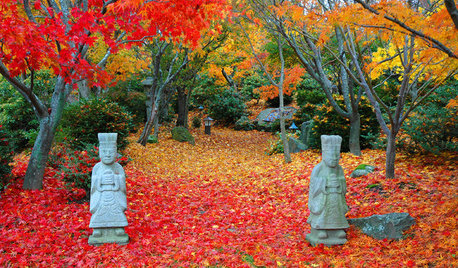
FALL GARDENING11 Trees for Brilliant Fall Color
Give your landscape the quintessential look of autumn with the red, orange and yellow leaves of these standouts
Full Story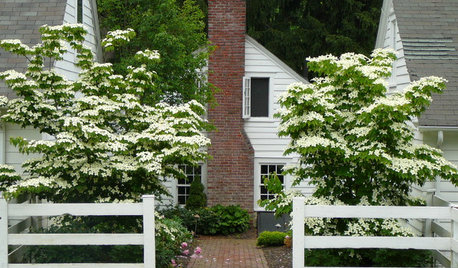
TREES7 Deer-Resistant Flowering Trees to Plant this Fall
If you live in a neighborhood with roaming deer, consider these beautiful trees that won't tempt hungry guests
Full Story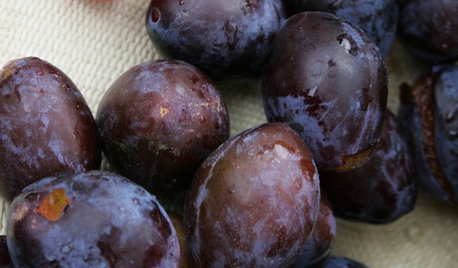
FRUIT TREESHow to Grow Your Own Juicy Plums
Easier than other stone fruits and with a variety of colors to choose from, plums are a versatile garden addition
Full Story
GARDENING GUIDESGarden Myths to Debunk as You Dig This Fall and Rest Over Winter
Termites hate wood mulch, don’t amend soil for trees, avoid gravel in planters — and more nuggets of garden wisdom
Full Story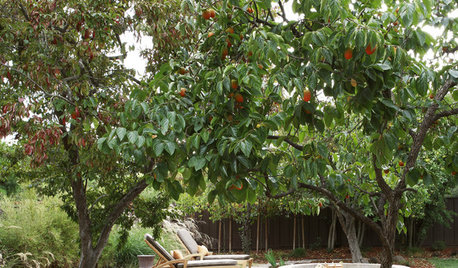
SOUTHWEST GARDENINGTexas Gardener's December Checklist
Northern neighbors may be hibernating, but in the South it's time to lavish care on fruit trees, flower seeds and bulbs
Full Story
GARDENING FOR BUTTERFLIESGardening for the Bees, and Why It’s a Good Thing
When you discover how hard bees work for our food supply, you may never garden without them in mind again
Full Story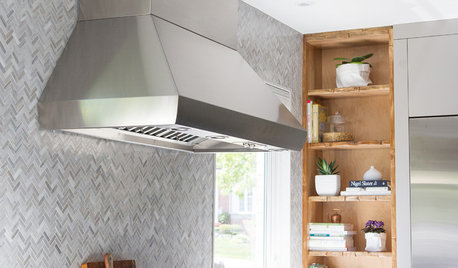
KITCHEN DESIGNKitchen of the Week: Function and Flow Come First
A designer helps a passionate cook and her family plan out every detail for cooking, storage and gathering
Full Story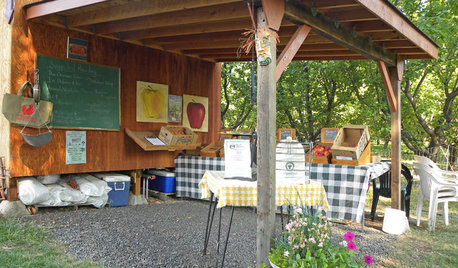
HOUZZ TOURSMy Houzz: The Orchard and the Life-Changing Decision
Toxins give way to pure, wholesome produce and passionately green living in this home and orchard in Eastern Oregon
Full Story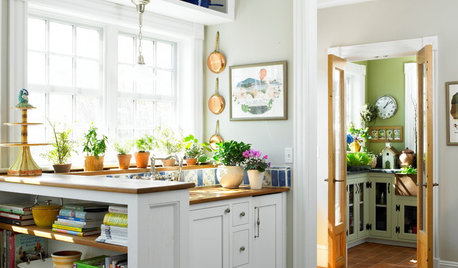
HEALTHY HOME12 Ways to Set Up Your Kitchen for Healthy Eating
Making smart food choices is easier when your kitchen is part of your support team
Full Story





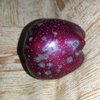
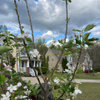
floral_uk z.8/9 SW UK
fruitnut Z7 4500ft SW TX
Related Professionals
Kapaa Landscape Architects & Landscape Designers · Middle River Landscape Architects & Landscape Designers · Prairie Ridge Landscape Architects & Landscape Designers · Summit Landscape Architects & Landscape Designers · Anderson Landscape Contractors · Choctaw Landscape Contractors · Cornelius Landscape Contractors · Goodlettsville Landscape Contractors · Hendersonville Landscape Contractors · Huntington Landscape Contractors · Mount Sinai Landscape Contractors · Norwalk Landscape Contractors · Pahrump Landscape Contractors · Panama City Beach Landscape Contractors · Four Corners Landscape Contractorsinsteng
blazeaglory
jayco
marknmt
northwoodswis4
milehighgirl